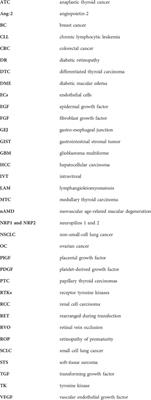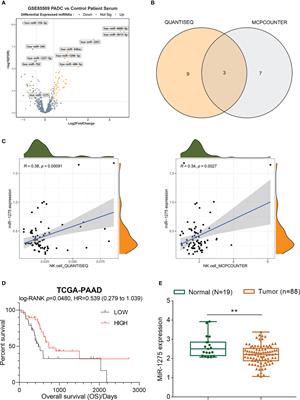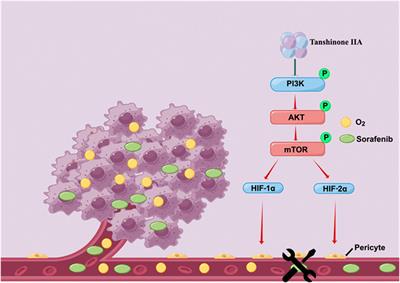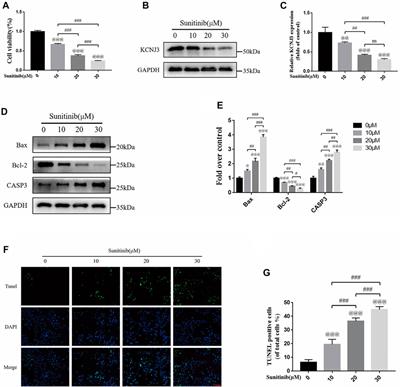EDITORIAL
Published on 13 Aug 2024
Editorial: Hypoxia and angiogenesis in cancer
doi 10.3389/fphar.2024.1448204
- 556 views
4,314
Total downloads
15k
Total views and downloads
Select the journal/section where you want your idea to be submitted:
EDITORIAL
Published on 13 Aug 2024
REVIEW
Published on 04 Jan 2024

ORIGINAL RESEARCH
Published on 16 Nov 2023

ORIGINAL RESEARCH
Published on 15 Nov 2023

ORIGINAL RESEARCH
Published on 01 Jun 2023

ORIGINAL RESEARCH
Published on 06 Jan 2023


Frontiers in Oncology